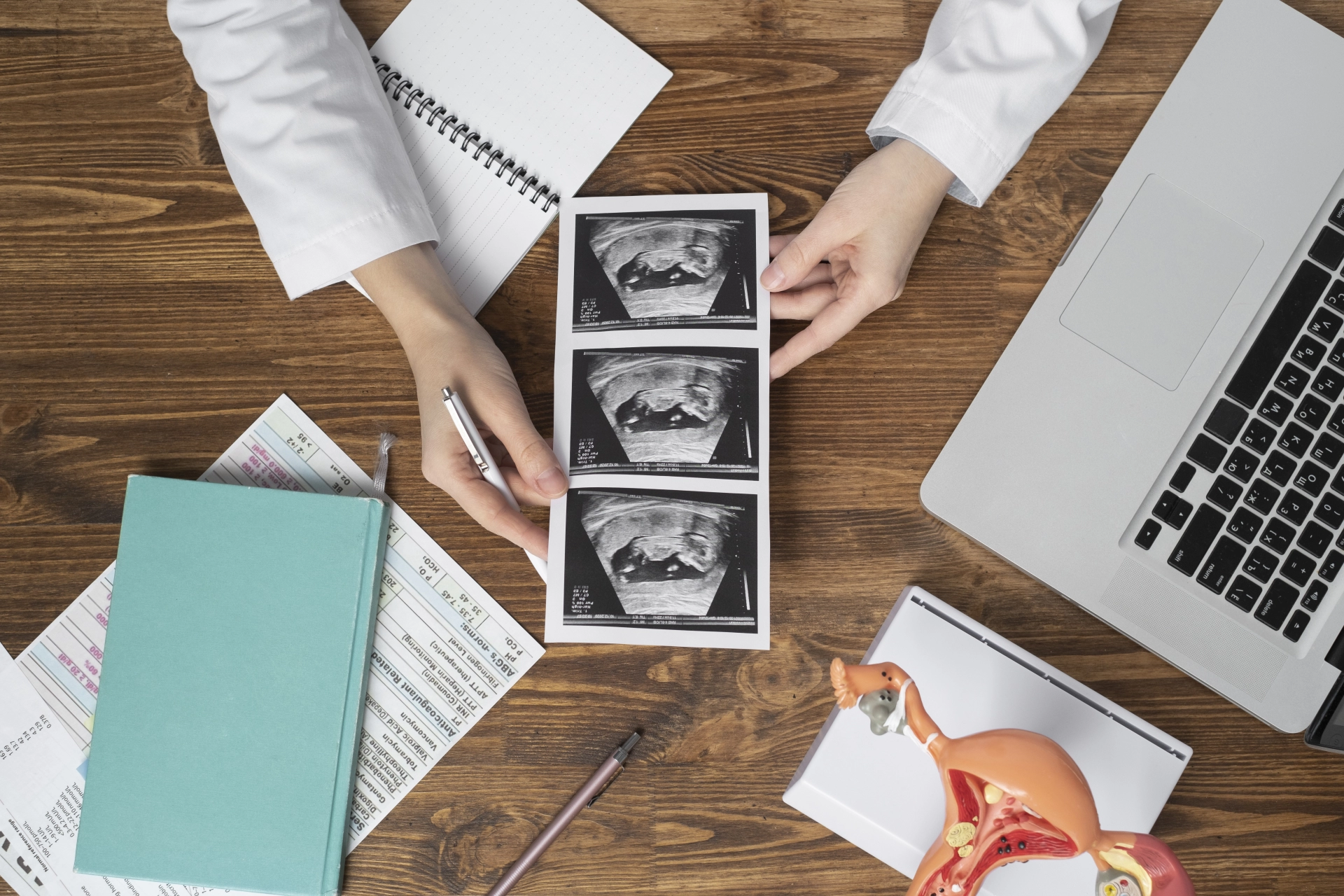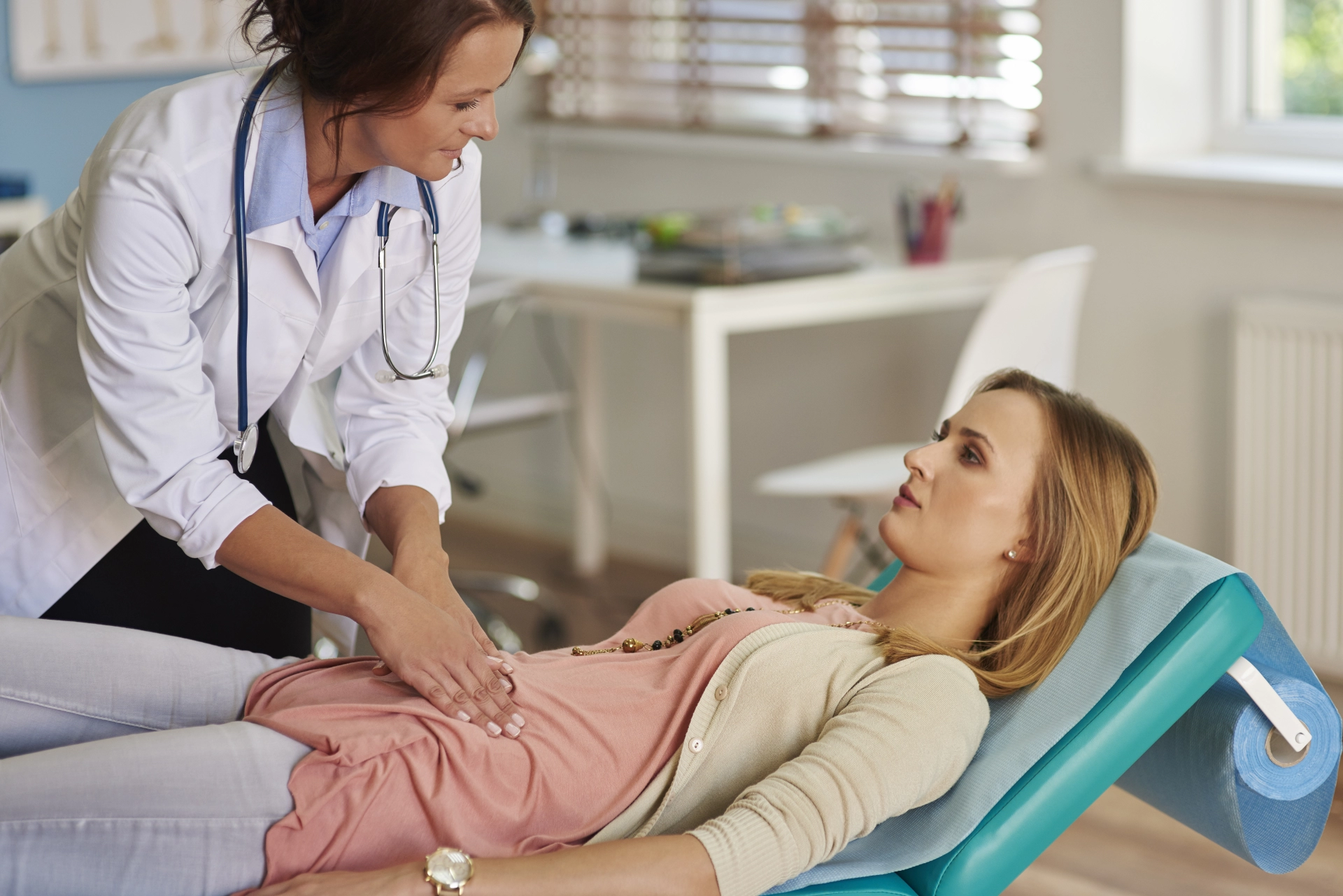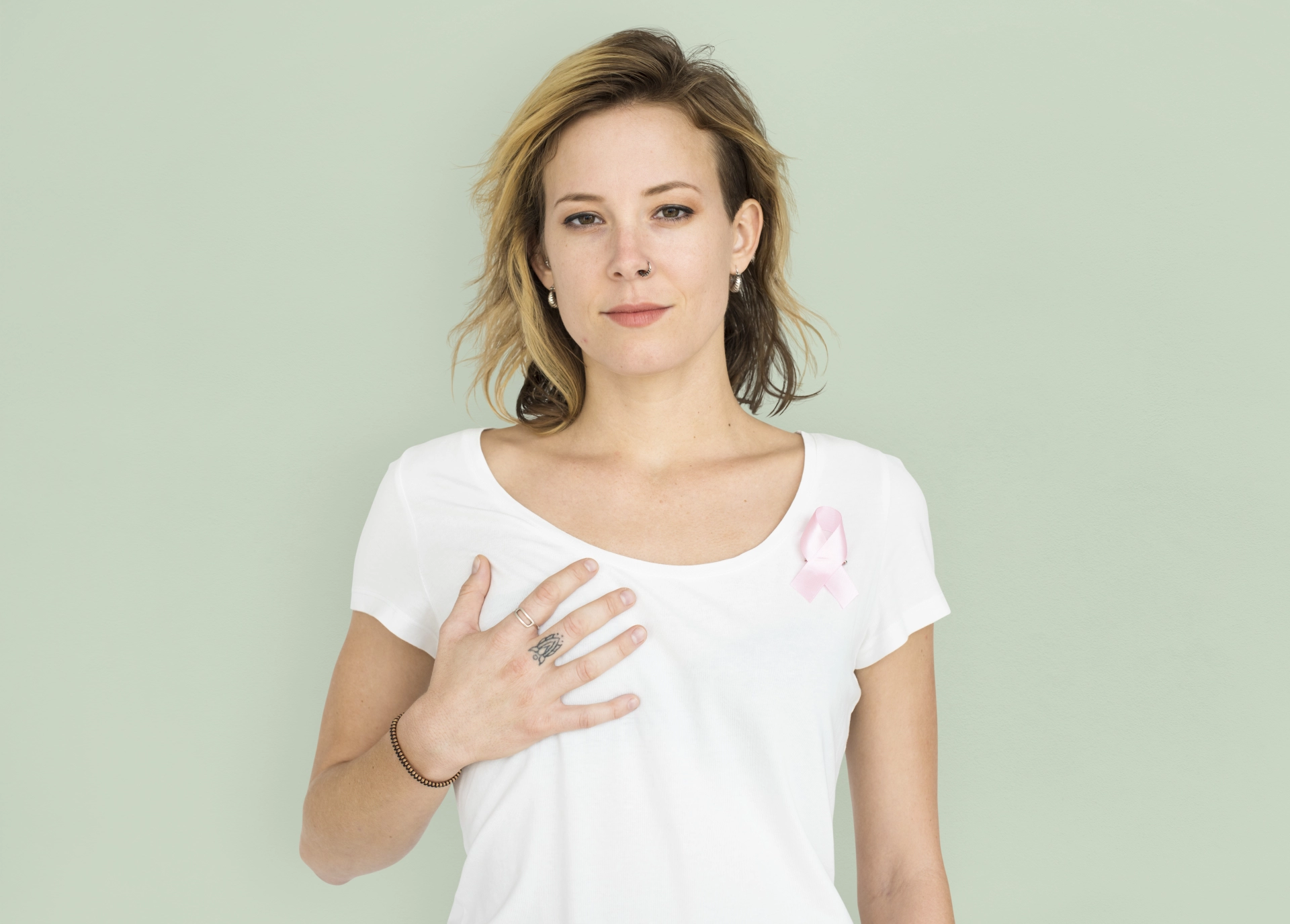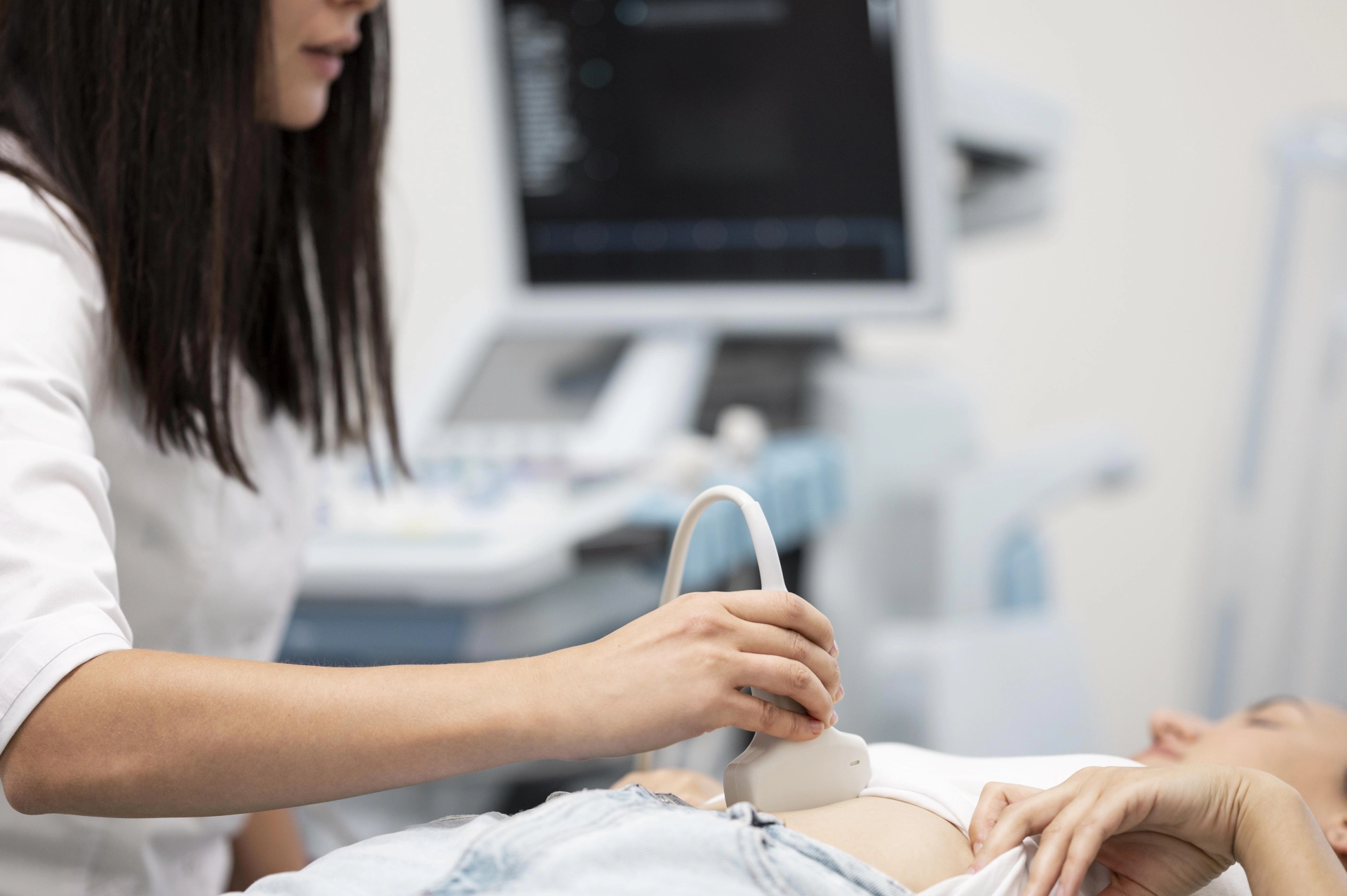The health of the reproductive organs is largely dependent on both internal and external factors. Disturbances in the function of this system can affect not only the overall health of a woman or man but also their ability to have children.
External Factors
Harmful external influences include:
• Early onset of sexual life.
• Irregular or unsafe sexual life.
• Sexually transmitted infections and other infectious diseases.
• Psychological stress and tension.
• Mechanical damage to the sexual organs.
• Insufficient or improper hygiene.
• Improper or prolonged use of medications (especially antibiotics, hormonal drugs, and contraceptives).
Internal Factors
Internal causes include:
• Inflammatory diseases present in the body.
• Hormonal imbalances.
• Diseases of the endocrine system.
• Artificially terminated pregnancies (abortions) and miscarriages.
• Structural anomalies of the sexual organs, tumors, and hereditary factors.
Main Groups of Diseases
Pathologies of the reproductive system are conditionally divided into several groups:
•
Hormonal diseases
: These occur due to hormonal imbalances and disturbances in the function of the internal secretion glands. They can manifest as polycystic ovary syndrome, menstrual cycle disorders, and other symptoms.
•
Inflammatory diseases
: These include colpitis, cervicitis, endometritis, adnexitis, mastitis, and others. They can be caused by specific microorganisms (chlamydia, gonococcus, trichomonad, viruses) or non-specific pathogens (E. coli, staphylococcus, streptococcus, etc.).
•
Hyperplastic diseases
: These include tumors of the breasts, uterus, and ovaries, hyperplasia of the uterine lining, polyps, and cancerous pathologies.
•
Other diseases
: These include endometriosis, diseases of the cervix (ectopia, dysplasia, etc.), as well as various structural anomalies of the sexual organs.
Symptoms
Reproductive system problems can manifest in different ways:
• Pain in the lower abdomen and lower back.
• Unusual discharge from the genital tract.
• Itching and burning in the external genital area.
• Elevated body temperature.
• General weakness.
• Menstrual cycle deviations (irregularity, changes in duration, heavy bleeding).
• Infertility or difficulty getting pregnant.
• Painful sexual intercourse.
• Skin problems (oily skin, acne, hair growth, hair loss, pigmentation).
Diagnosis and Treatment
In case of these conditions, it is necessary to consult a gynecologist. Diagnosis is performed through complex examinations, including general and gynecological examination, ultrasound, blood and biological material analysis, colposcopy, X-ray, CT, MRI, densitometry, and others. Treatment methods are selected based on the diagnosis and include:
• Drug therapy (antibiotics, hormonal drugs, vitamins, trace elements, special diet, physiotherapy).
• Surgical intervention.
• Combined treatment.
Prevention
To maintain reproductive health, it is important to:
• Practice safe sexual life.
• Undergo regular gynecological examinations.
• Maintain hygiene.
• Monitor hormonal balance.
• Have a healthy diet and physical activity.






